We already knew that we’ve entered an era where White House communications are handled primarily via Twitter, but now the cable news outlets are getting in on the act and conducting interviews that way also. An example of this phenomenon popped up this week when New York Democratic Congresswoman Alexandria Ocasio-Cortez decided to air some of her views on the war in Afghanistan via social media. As the Hill reported, AOC tweeted out her regrets that the United States decided to enter that nation after terrorists based there conducted the worst, most massive terror attack in history. This prompted CNN’s Jake Tapper to ask her to clarify her remarks without waiting to drag her into the studio for an interview.
CNN anchor Jake Tapper on Tuesday asked Rep. Alexandria Ocasio-Cortez (D-N.Y.) what she thinks “the U.S. should have done post-9/11 regarding Afghanistan” after the freshman congresswoman said that both the GOP and Democrats led her generation “into a disastrous” and “wrong war” and called for an end to the Authorization for the Use of Military Force (AUMF).
Tapper, who interviewed Ocasio-Cortez in September on CNN’s “The Lead,” asked Ocasio-Cortez what she would have supported following the 9/11 attacks.
“Congresswoman, could you please explain more about what you think the US should have done post-9/11 regarding Afghanistan? Should there not have been any NATO/US action versus AQ/Taliban in your view? A limited one? What would you have supported?” he asked.
There’s a significant difference between AOC’s initial complaints about the Afghanistan war and her later “clarification” for Tapper. Take a look at these specific comments.
Afghanistan War* my apologies
— Alexandria Ocasio-Cortez (@AOC) March 5, 2019
Congresswoman, could you please explain more about what you think the US should have done post-9/11 regarding Afghanistan? Should there not have been any NATO/US action versus AQ/Taliban in your view? A limited one? What would you have supported?
— Jake Tapper (@jaketapper) March 5, 2019
After Tapper questioned her, she appeared to realize that she’d stuck her foot in her mouth – again – and responded by “clarifying” what she meant. But the difference was subtle at best.
I think that our decision to enter unlimited engagement in Afghanistan, particularly through the AUMF + Congress’ abdication of power + decision-making w/ passage of the AUMF, was a mistake.
Other options: targeting the network itself, limited engagement, non-intervention.
She went on from there to answer another question from Daniella Greenbaum Davis of the Federalist, saying that she didn’t mean we should have “done nothing,” but rather that America shouldn’t have “invaded an entire nation.” Her alternate proposal was that we should have leaned more heavily on intelligence agencies, diplomats and the State Department before rushing into a war.
Okay, to avoid throwing too many stones here, we should remember that when 9/11 happened she was eleven years old and probably not very heavily steeped in international diplomacy. But… come on, man. You’re a member of Congress now. Her original comments don’t leave much wiggle room. She said all of Congress (in both parties) were “wrong” to lead us into a disastrous war. In her follow-up to Tapper she stated that “we shouldn’t have been in either.” (Meaning both Iraq and Afghanistan. That’s a position saying we should have done nothing militarily.
Even in the walk-back, she makes little to no sense. What does it even mean to say we shouldn’t have “invaded an entire nation?” How does one invade part of a nation? (Don’t worry, Canada. We’re not invading your whole country. Just Quebec.)
As I noted, she was pretty young at the time, but if she reads up on her history she’ll learn that George W. Bush didn’t just “rush into war” with Afghanistan. He first offered them a hugely generous trade and foreign aid deal if the Taliban would only turn over OBL and his top aides at the border. They rejected the offer. Bush then said they could still be massive beneficiaries of America’s generosity if they simply got out of the way while we came in and extracted the terrorists ourselves. They again declined. It was only then that Dubya basically told them, “Okay. But you’re really not going to like what’s behind door number three.”
There are plenty of valid reasons to criticize how the war in Afghanistan was handled at various stages and to question why we’re still there years after OBL was sunk to the bottom of the ocean. But to say there never should have been an AUMF and we shouldn’t have gone to war after the terror attacks is nonsensical and demonstrates a lack of understanding of an important, though admittedly complex situation.

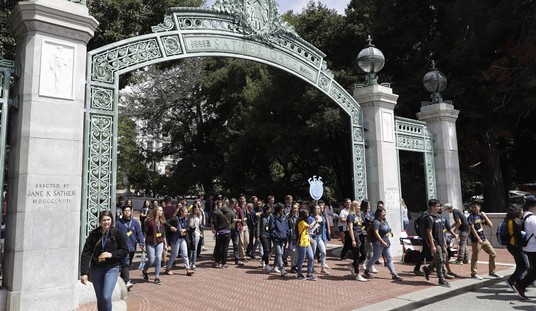
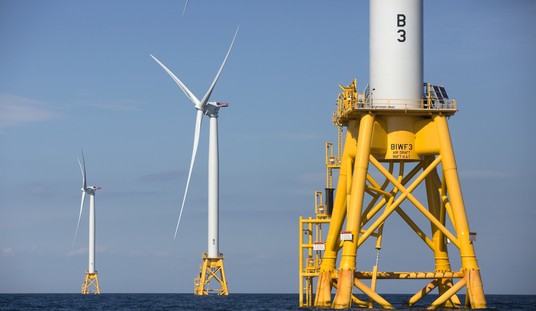
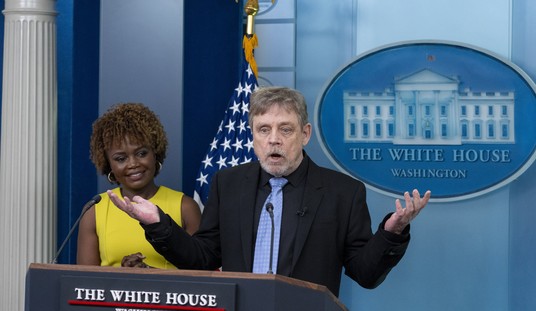

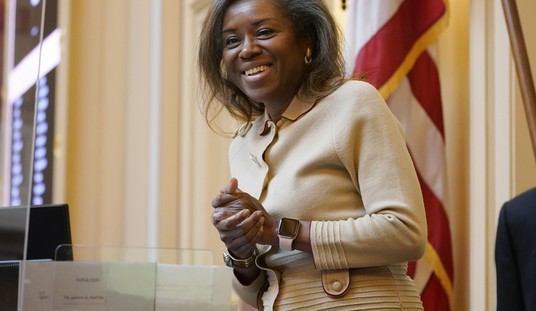

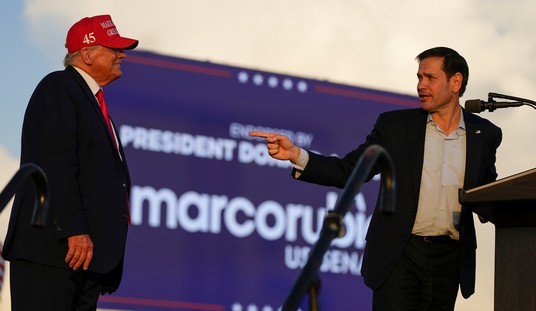
Join the conversation as a VIP Member